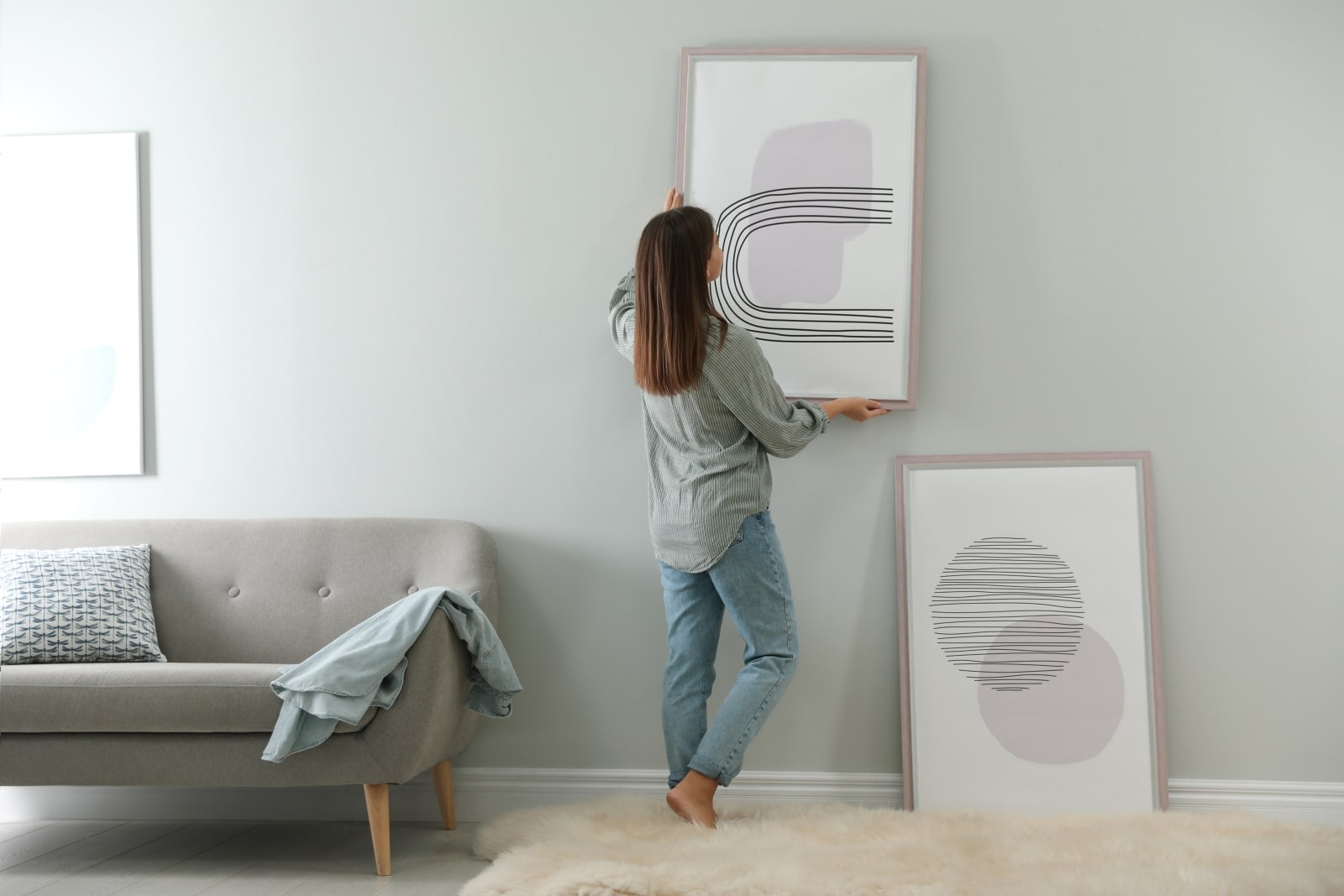Minimalism Madness: Is Decluttering Just Another Trend?
The minimalism movement, with its promise of a simpler, more focused life free from the clutter of material possessions, has swept through modern culture like a broom through a dusty attic. But is this trend truly a path to enlightenment, or just another fleeting fad for the privileged few?
1. The Illusion of Simplicity

Minimalism advocates a life with fewer possessions, but the process of decluttering can be anything but simple. For many, the pressure to purge can create more stress than the clutter itself.
2. One Size Does Not Fit All

While some people thrive in Spartan environments, others find comfort and inspiration among their cherished belongings. Decluttering isn’t a magic solution for everyone’s lifestyle or mental health.
3. The Privilege Paradox

Minimalism often requires a certain level of financial security. It’s easy to choose less when you can afford more, but not everyone has the luxury to buy quality over quantity or replace items on a whim.
4. The Environmental Question

Sure, buying less should mean less waste, but minimalism’s focus on frequent purges and high-quality replacements can lead to just as much consumption, just in a more refined form.
5. The Mental Health Maze

For some, a minimalist space can be calming and conducive to mental clarity. For others, the starkness can feel cold and unwelcoming, leading to a sense of discomfort rather than peace.
6. The Digital Detox Dilemma

Minimalism isn’t just about physical clutter. Digital detoxes are part of the package, but in our connected world, this can lead to isolation or missing out on important social or professional opportunities.
7. The Aesthetic Appeal

There’s no denying that minimalism can look stunning in photographs. However, living in a space that feels more like a gallery than a home isn’t for everyone.
8. The Historical Perspective

Throughout history, simplicity has been a virtue, but so has abundance. Different cultures and eras have found value in both minimalism and maximalism.
9. The Consumer Culture Critique

Minimalism can be seen as a critique of consumerism, but it often just shifts the focus from quantity to so-called “essential” high-quality items, which can be just as consumerist.
10. The Stress of Constant Decluttering

The ongoing effort to maintain a minimalist lifestyle can be exhausting. The pursuit of less often becomes a never-ending cycle of discarding and re-evaluating.
11. The Personal Growth Promise

Supporters claim minimalism allows for personal growth by removing distractions. Yet, personal growth is complex and can’t be solely attributed to the amount of stuff you own.
12. The Relationship Reevaluation

Decluttering can strain relationships when household members have different thresholds for what constitutes “clutter.” Compromise is essential, yet often difficult.
13. The Sense of Loss

For many, items hold sentimental value and memories. The push to discard can lead to regret and a sense of loss that no amount of empty space can fill.
14. The Return to Materialism

For some, the minimalism journey is short-lived. The initial purge is liberating, but the pull of old habits and the lure of new items often lead right back to square one.
15. The Illusion of Control

Minimalism promises control over one’s environment, but it can also mask deeper issues that won’t be solved by tidying up. True control comes from understanding and managing one’s impulses and desires, not just their manifestations.
16. The DIY Pressure

Do-it-yourself projects and upcycling are part of the minimalism ethos, but not everyone has the time, skill, or desire to turn old jars into art or repair worn-out clothing.
17. The Joy of Abundance

For every minimalist who finds joy in less, there’s someone who finds joy in abundance. Collections, books, art, and memorabilia can bring happiness and a sense of personal history that minimalism often overlooks.
18. The Need for Balance

Ultimately, whether minimalism is a beneficial lifestyle depends on the individual. A balanced approach, respecting both the desire for simplicity and the joy of abundance, is likely the healthiest path.
Weighing the Worth of Minimalism

Minimalism has its merits, but it’s not a panacea for the woes of modern life. By understanding that different people thrive in different environments, we can appreciate minimalism as one option among many, not a one-size-fits-all solution to life’s complexities.
Not All Tea Is Good for You: List of Teas to Avoid and to Stick To

Not all teas are healthy and some might actually harm your health with poor ingredients. But how can you tell the good from the bad? This guide aims to help you make informed choices without turning you into a tea expert overnight. Not All Tea Is Good for You: List of Teas to Avoid and to Stick To
America’s Spiritual Revolution: Turning Away from Christianity to Embrace Alternatives

As church attendance declines, Americans are exploring diverse spiritual paths, from stargazing druids to unconventional deities like Wi-Fi gods and extraterrestrials. Explore the quirky and sometimes controversial new religions capturing attention as people seek meaning beyond traditional Christianity. America’s Spiritual Revolution: Turning Away from Christianity to Embrace Alternatives
25 Must-Try Global Delicacies

From Bangkok’s bustling streets to Parisian cafes, every corner of the world offers something special for your taste buds. And you don’t have to travel far; even in the USA, you can find a world of flavors. Here are 25 global delicacies every foodie should try, including some local favorites! 25 Must-Try Global Delicacies
16 Affectionate Gestures to Keep the Romance Alive

Sustaining romance in a relationship needs deliberate actions and research-backed gestures to foster intimacy. Here are 16 evidence-based romantic gestures, with steps to integrate them into your relationship and revive the spark. 16 Affectionate Gestures to Keep the Romance Alive
21 Top Christian Attractions to Explore in the U.S.

The U.S. is rich in spiritual destinations, offering awe-inspiring sites for both believers and curious travelers. Explore the 21 most popular Christian attractions across the country, where architecture, history, and faith converge. 21 Top Christian Attractions to Explore in the U.S.
The post Minimalism Madness: Is Decluttering Just Another Trend? first appeared on Hello Positive Mindset.
Featured Image Credit: Shutterstock / Stock-Asso.
For transparency, this content was partly developed with AI assistance and carefully curated by an experienced editor to be informative and ensure accuracy.






